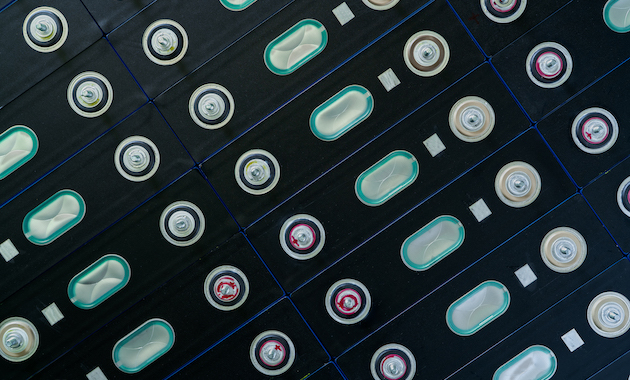Tokyo (SCCIJ) – Swiss researchers are aiming for more sustainable usage of lithium-ion batteries in electric buses, bicycles, cars, and other transport modes. Seven research institutions and 24 companies are participating in the so-called CircuBAT project which wants to create a circular economy.

Swiss researchers are working on the circular economy for lithium-ion batteries (© GGBA).
Sustainable mobility
Electric vehicles are key to making mobility more environmentally friendly. Their lithium-ion batteries offer great potential to further improve their ecological balance over the entire life cycle. With demand steadily increasing, more sustainable battery technologies with higher renewable energy storage will be needed while lithium-ion batteries dominate the storage technology market.
Although Switzerland does not host any gigafactories so far, it is closely involved in European battery research projects through its research centers or companies specialized in electronics or recycling, for example.
The CircuBAT – short for Circular Batteries – project intends to create a sustainable circular business model for such batteries. Other than focusing on finding solutions that boost sustainability in all phases of a lithium-ion battery’s life cycle, the project also plans to use batteries as stationary energy storage systems after they are retired from their first mobility-related application.
The Bern University of Applied Sciences is the CircuBAT project leader. The Swiss Federal Laboratories for Materials Science and Technology (Empa), the Swiss Center for Electronics and Microtechnology (CSEM), the University of St. Gallen (HSG), the Eastern Switzerland University of Applied Sciences (OST), the Switzerland Innovation Park Biel/Bienne and the Swiss Federal Institute of Technology in Lausanne (EPFL) are coming from the science side. These institutions are joined by 24 companies from the economy and industry, ranging from material specialists and manufacturing companies to users and providers of electric vehicles.
Lower carbon footprint
Using energy more sustainably and efficiently is a major objective in the context of sustainable development. For example, the Swiss Battery Technology Center located in the Switzerland Innovation Park Biel/Bienne is developing solutions to reduce the carbon footprint and improve the life cycle of the batteries of tomorrow.
The SBTC aims to come up with more ecological battery technologies based on the principles of the circular economy. The objective is to improve the life cycle of these products by reusing them for energy storage or by recycling them more efficiently.
Its research activities include the sorting and dismantling of EV batteries, recycling, and battery testing. The Swiss Battery Technology Center also operates the largest battery laboratory in Switzerland for cell and module testing and collaborates with partners from both industry and research to share expertise and knowledge.
Text: SCCIJ with material of Greater Geneva Bern Area





























